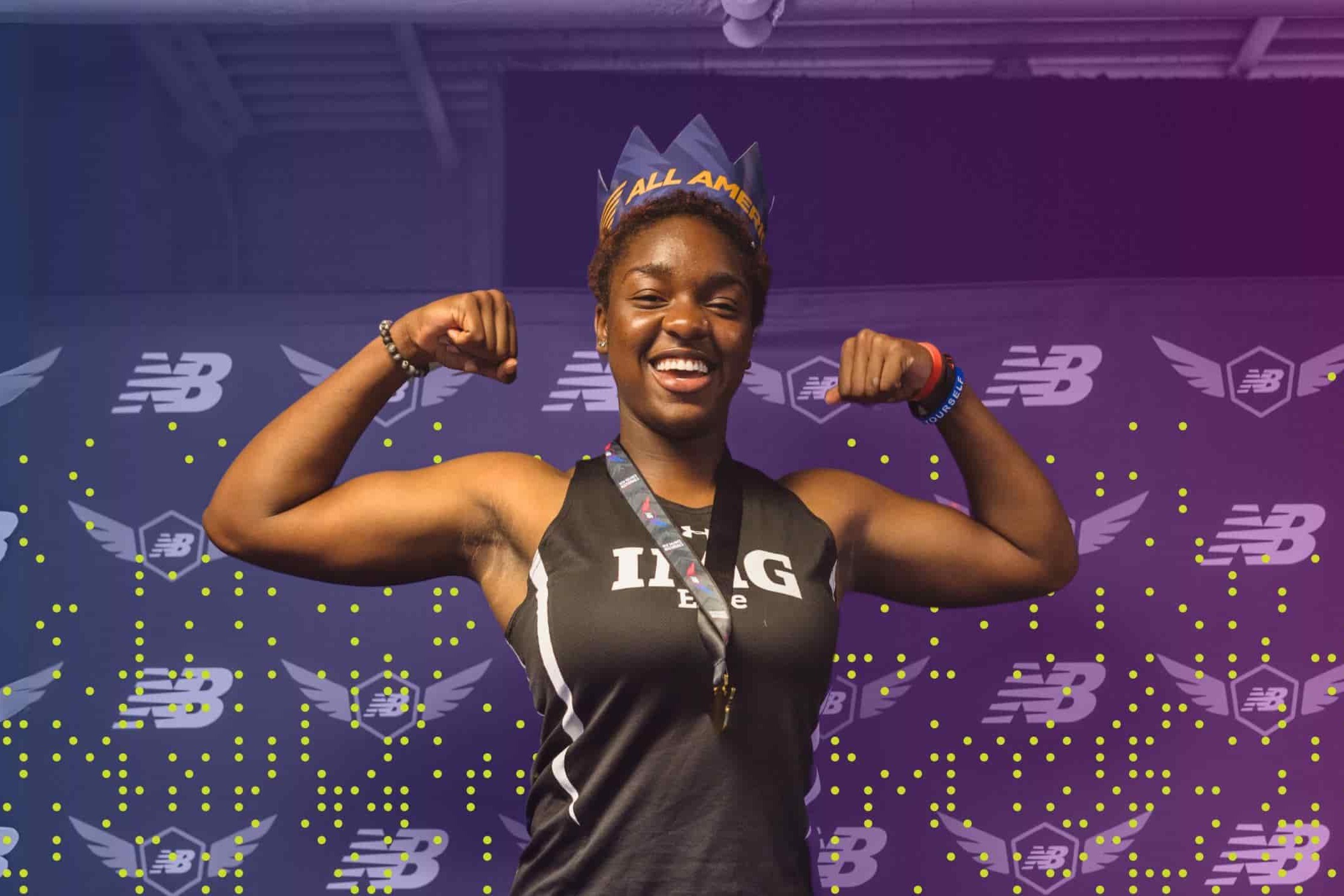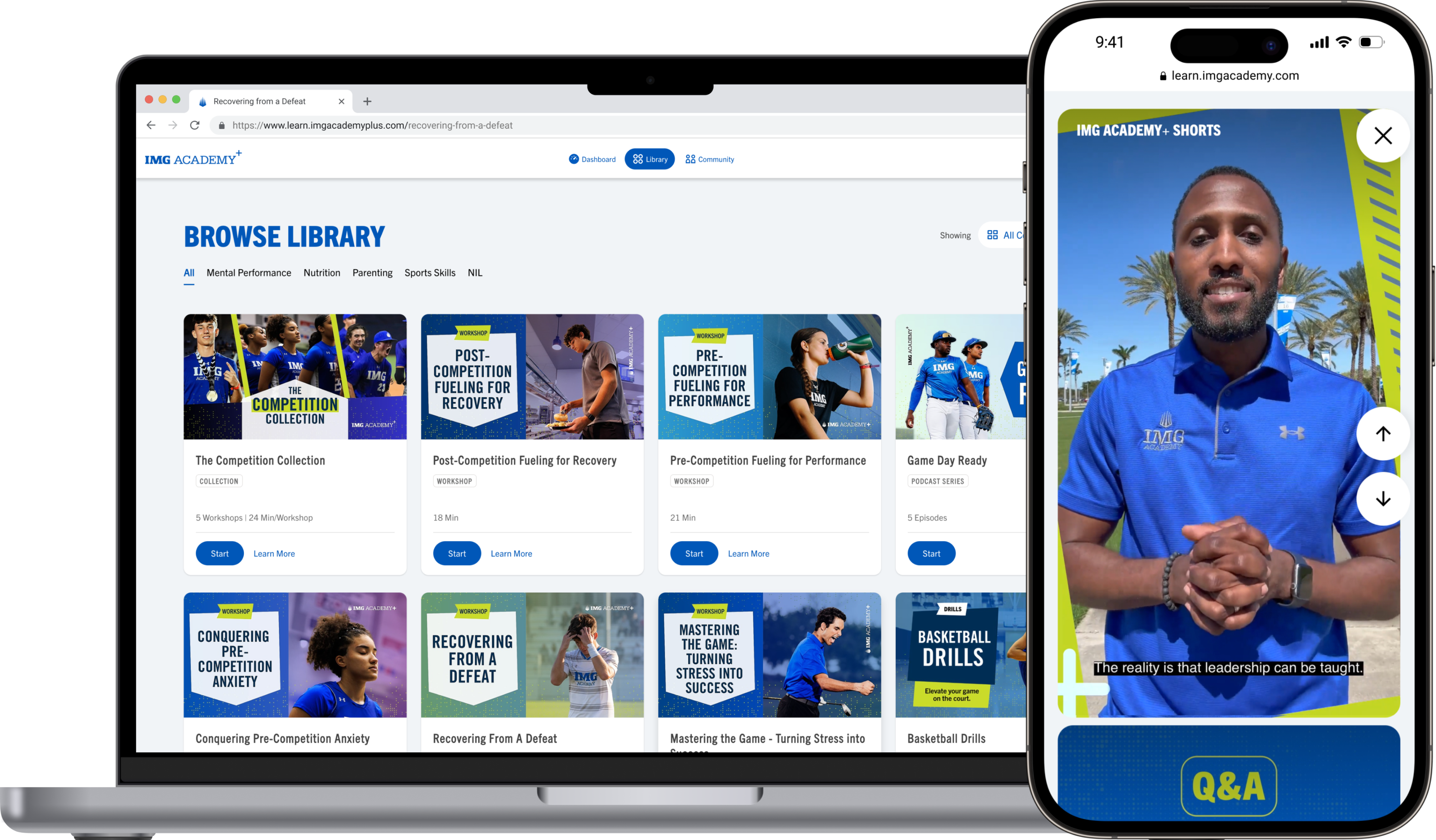Why Nutrition Planning Is Critical for Athletes


As a student-athlete, your body is your most valuable tool. What you eat fuels everything you do—whether it’s acing a math test, crushing a practice, or recovering after a tough game. But great performance doesn’t happen by accident; it starts with a solid nutrition plan. Here’s why you should take control of your fueling strategy and how to get started.
Why Nutrition Planning Matters
Just like you plan your workouts and practices, planning your nutrition ensures your body gets the energy and nutrients it needs to perform, recover, and stay healthy. Without a plan, it’s easy to miss meals, grab low-performance snacks, or fall short on hydration—all of which can limit your potential.
3 Benefits of Nutrition Planning
Sustained Energy Levels
Proper planning helps you avoid energy crashes during long practices or games. Eating balanced meals and snacks at the right times ensures you have the stamina to perform at your best all day.
Faster Recovery
After intense training, your muscles need specific nutrients to repair and grow. A nutrition plan ensures you’re eating enough protein, carbs, and healthy fats to bounce back quickly and stay ready for your next challenge.
Peak Performance
A well-fueled body is stronger, faster, and more focused. With a solid nutrition plan, you’ll see improvements in everything from strength and endurance to mental clarity on the field and in the classroom.
How to Start Planning Your Nutrition
Build a Performance Plate: Use the "Performance Plate" model to create balanced meals. Include lean protein, whole grains, healthy fats, and plenty of fruits and vegetables. Adjust portions for training, competition, and rest days.
Schedule Your Meals and Snacks: Plan when you’ll eat throughout the day to fuel your activities. Aim to eat every 3-4 hours and include pre- and post-workout snacks.
Stay Hydrated: Include water in your plan! Start your day with a glass of water and carry a bottle with you. Consider sports drinks during long or intense practices.
Planning your nutrition doesn’t have to be complicated, but it does require consistency. Start small—choose one meal or snack to improve each day and build from there. You’ve got this!

Brooke is a registered dietitian and board-certified sports nutrition specialist with extensive experience in professional sports. Throughout her career, she has dedicated herself to enhancing the performance and recovery of elite athletes and teams. Brooke excels at translating complex nutrition science into actionable strategies, offering personalized guidance on training and competition fueling, travel nutrition, meal prepping, and supplementation. She holds a Master of Science in Nutritional Sciences from Cal State Long Beach and a Bachelor of Science in Nutrition & Dietetics from the University of New Mexico, where she also competed as a Division 1 soccer athlete.
Don't miss out on more resources. Explore IMG Academy+ Essentials.
IMG Academy+ Essentials
